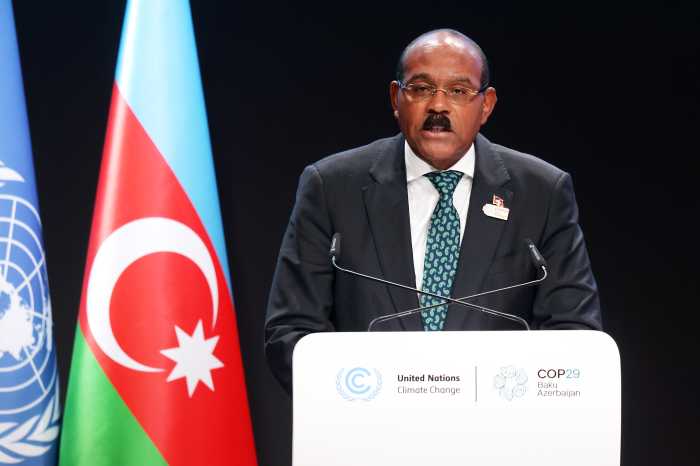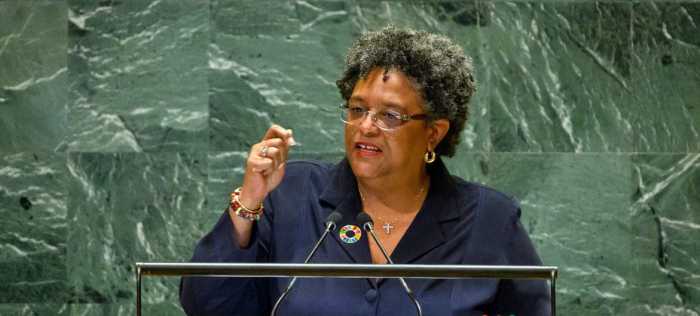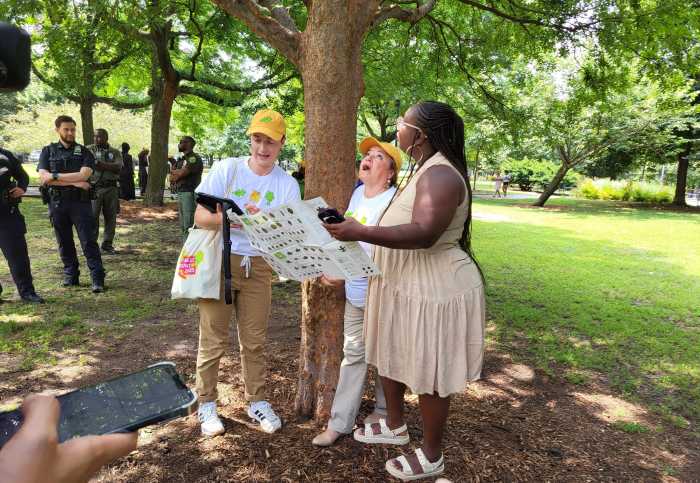In spite of ravages to business and commerce caused by the novel coronavirus (COVID-19) pandemic Barbados has managed to maintain a stable credit status of ‘B-/B’ with international rating agency, Standard and Poor’s.
S&P last week gave Barbados this positive international credit outlook because the counrty’s administrators have been re-paying the island’s worldwide debt on time despite the rapid spread of the virus that saw a total shutdown of tourism, the island’s bread and butter industry, along with most other businesses.
S&P, the New York-based international financing authority, last December upgraded Barbados from Selective Default to its current rating, marking the first rating upgrade for the island in some 10-plus years.
On assuming office following the May 2018 elections the new Mia Mottely-led government immediately froze large international debt payments and commenced re-negotiations with lenders that ended in an agreement for different repayment conditions which are more favorable to Barbados.
By successfully moving the past and future repayment deadlines to dates of 2021 through 2029, and through introduction of amortisation conditions — spreading loan reimbursement periods over a number of set bi-annual dates instead of lump sum settlements — the current government gave itself financial room to manoeuvre and gained significant savings.
Additional savings were obtained through agreement with these international creditors to shave interest rates, resulting in what junior Minister of Finance, Ryan Straughn said will amount to $2.5 saved over the next four years.
But attaining a stable rating amid the coronavirus-spurred economic turbulence does not mean that Barbados will not be affected.
“We expect the sharp contraction in tourism in 2020, together with the spillover of COVID-19 to other sectors in the economy, will lead to a significant fall in Barbados’ GDP,” S& P stated.
“Under our base case, we expect the economy will shrink by about 17 percent in 2020, leading GDP per capita to fall to about US$15,000 in 2020 from an estimated US$18,100 in 2019.”
In the eyes of S&P the redeeming factor or Barbados is the early debt rescheduling moves government made that positioned the island to enter the pandemic outbreak, “in a stronger fiscal and external position than it had been before its debt exchanges in 2018 and 2019, which will facilitate its ability to weather the economic impact.”
In spite of inheriting a virtually broke treasury the new Barbados government acquired money to shore-up reserves through very low interest loans, $290 million, from the International Monetary Fund, based on a plan to restructure and revive the island’s economy, Barbados Economic Recovery and Transformation program.
Additionally Barbados negotiated and received $300 million in concessionary loans from the Inter-American Development Bank and the Caribbean Development Bank combined.
S&P noted that these soft loans and economic restructuring moved the Central Bank’s reserves to US$740 million at the end of 2019, “and will likely surpass US$800 million with the disbursement of the new [US$80 million] IDB loan, which is the highest level of international reserves in over a decade.”
In May 2018 the reserves stood dangerously low at $200 million.
“We believe that this reserve foundation, which we expect will be further supported by additional multilateral lending facilities this year, will serve as a solid base on which to draw to fund higher current account deficits expected in 2020.”
Nonetheless, S& P, warned that Barbados’ credit rating could be lowered over the next year “should the impact of the COVID-19 pandemic lead to a larger deterioration in fiscal balances than we currently expect, and should we believe that the government would not have sufficient funding to meet its fiscal or external financing needs.”
The international credit rating agency stated that it views “this scenario as unlikely.”























